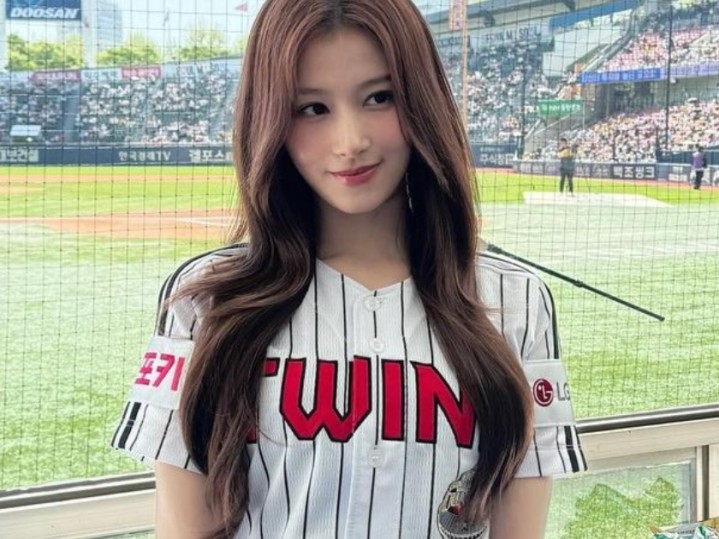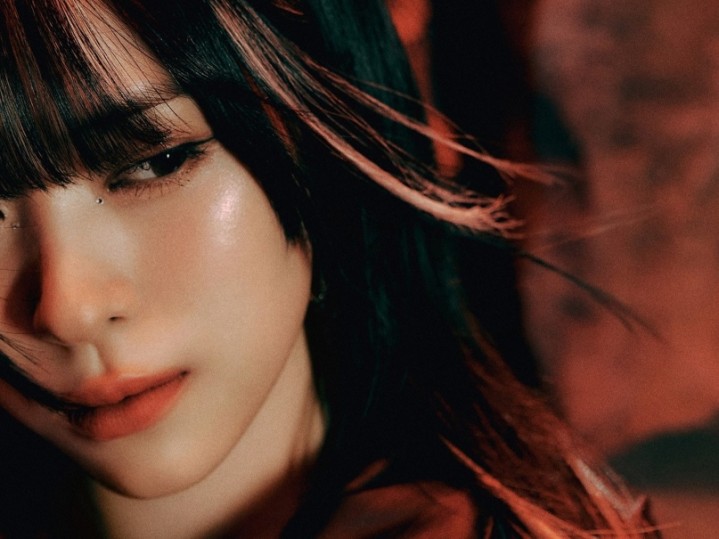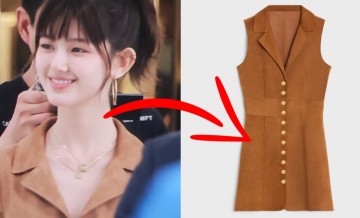Why Can't The 1st Generation Idol Groups Get Back Together?
There have been some rumblings in the music industry about a few 1st generation idol groups getting back together to come back to the K-Pop scene. However, it's not such an easy task.
A few groups, such as Fly to the Sky and g.o.d, have finished contractual negotiations. H.O.T, Sechs Kies, NRG, and other groups are also rumored to be in talks of getting together. Because K-Pop is on the rise internationally, it will be interesting to see what kind of impact they will have on the K-Pop scene.
But first, why is this happening? Do they just want to piggyback on the success of those who came after them? Not really, since they are the ones who brought in the age of idol stardom. The answer to the initial question might be traced back to Shinhwa.
Shinhwa has never gone on a hiatus and never had a member change. In fact, after their debut in 1998, they have been going 16 years strong, balancing their personal and solo careers with the teams needs as well. They are always adapting to the new wave of stardom and successfully so. They have shown the other 1st generation idol groups that this kind of long career can be had even in the music industry.
Many idol groups broke apart after about five or six albums, citing the need to pursue solo careers. However, many of those who pursued said solo careers received lukewarm receptions; the synergy of the team that drove them to stardom was now divided in fifths. Only a few stars from that era have survived with moderate success. Eun Ji Won and Moon Hee Joon became variety staples with moderately successful music careers, while Kim Tae Woo still remains a popular ballader. Group SOLID's Kim Jo Han is seldom on TV, but he is constantly teaching other would-be stars how to sing and touring the country himself.
Others have not fared so well. Those that opted to act or go into business have mostly lost all their popularity along with their money. Yoon Kye Sang of g.o.d fame is probably the only one that can be said is "successful".
So in part, the desire to comeback as a team is born from a desire to go back to the heydays of success and stardom. It may revive their otherwise dead careers. This is also seen in Shinhwa. Lee Min Woo constantly tells his fans that his solo success is mostly thanks to his Shinhwa members' support. He's not lying - the teams' synergy maintains each individual member's popularity.
Koreans are fond of the past. As shows like "Respond 1997" or "Respond 1994" showed, the glory days of music are thought to be the 90's and early 2000's. The Rolling Stones are still enormously popular because of their influence during the music revolution of the 60's and 70's; this applies to the idol groups and stars in a minor way in Korea. MC the Max came back after a 7 year hiatus and took the top of the charts without a hitch.
So why aren't they all coming back? Unlike Shinhwa, each individual ex-members of idol groups forged separate career paths with different management companies. It is difficult to bring four or five different companies into a contract negotiation. This is the case with g.o.d - not only do the reunited members of g.o.d have to wait for Yoon Kye Sang to wrap up the filming of the drama "The Full Sun", but their different management companies must come together to agree on many things. However, talks have been progressing for g.o.d's comeback for the last two years.
Fly to the Sky, despite being only two members, is having difficulty in the contractual negotiation phase. Because of this, talks of their reunion are being delayed day by day. The only saving grace is that their music, R&B Pop, is still a very beloved style of music by many Korean youths and adults; their comeback definitely has the potential to be successful.
Tangled contracts are a problem, to be sure, but there's also the fact that there are some groups whose members get into ridiculous troubles that deface them completely. g.o.d's Son Ho Young had various run-ins with the law, while H.O.T's Tony An has been arrested for illegal gambling. These things make it hard for the groups to get back together as well.
Shinhwa also had to deal with tangled contract negotiations, but they resolved it simply by saying that the first half of the year is reserved for solo activities, while the latter half must be reserved for Shinhwa activities. So far, it has worked out well for Shinhwa.
The comeback of the superstar idol groups are hard to imagine in both its impact and its (re)inception. However, one thing is clear - for those groups to become mainstay fan favorites, they must establish a business model that will allow them to last. If they're just a flicker in the K-Pop scene, they will have no success and no access to the Hallyu Wave.
















